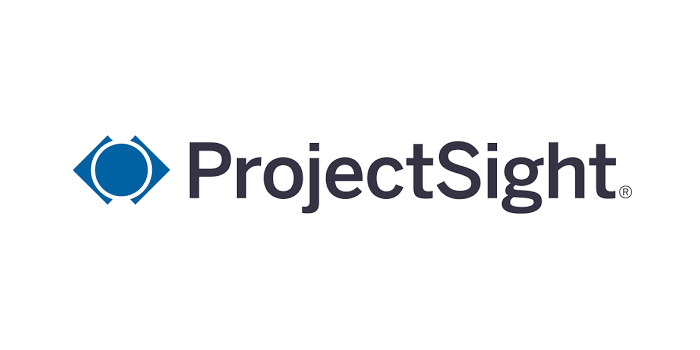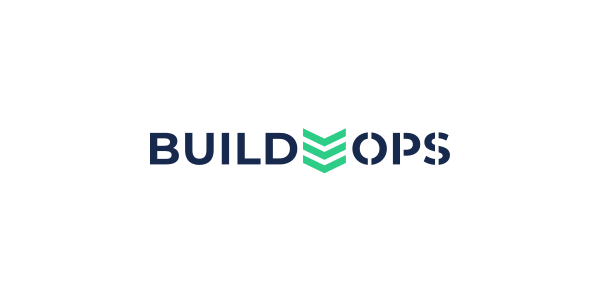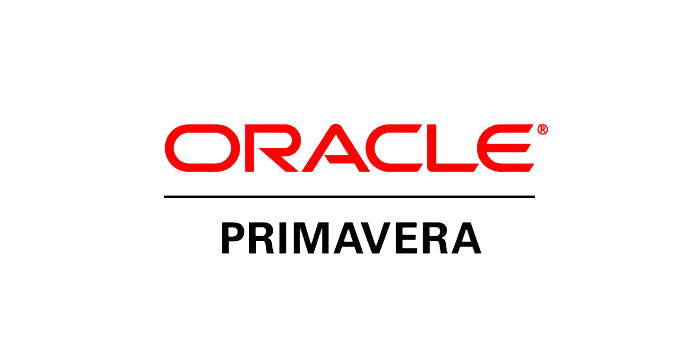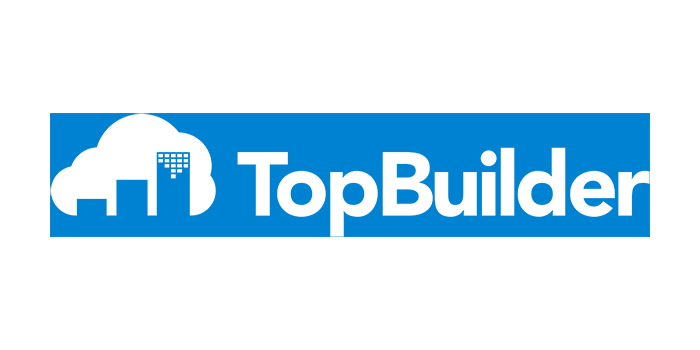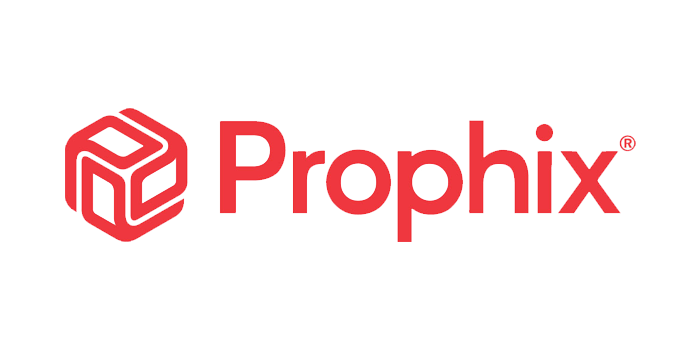
Article written by Brielle Regdos for CDP
General accounting software is a powerful tool for basic financial tasks — but when it comes to managing the unique complexities of construction projects, it simply isn’t enough. Construction accounting software offers specialized capabilities that go far beyond bookkeeping, enabling construction firms to streamline operations, improve cost control, and protect profit margins. Here are a few ways how construction accounting software compares to traditional general accounting tools:
1. Industry-Specific Tools vs. Generic Features: General accounting software is designed for standard financial tracking. It records what has already happened across industries, that being revenue, expenses, invoices, and payments. Construction accounting software on the other hand is purpose-built to handle the intricacies of construction workflows. It integrates job costing, contract management, change orders, project budgets, and progress billing. This offers a real-time view into financial and operational performance across jobs.
2. Proactive Cost Control vs. Passive Expense Logging: Tracking costs is not enough, you need to control them. Construction accounting software enables firms to manage budgets proactively, flag overruns early, and adjust plans before small issues become expensive problems. While general accounting tools help you document expenses, they lack the built-in forecasting, budget tracking, and job-level visibility required to make informed decisions on the fly.
3. Risk Reduction Through Real-Time Insight: Construction carries constant risks — delays, change orders, compliance issues. Construction accounting software provides live project insights, helping teams enforce standards, catch red flags early, and reduce costly mistakes.
4. Driving Performance Beyond the Numbers: General accounting systems track numbers. Construction accounting software connects financials with operations — aligning scheduling, procurement, labor, and equipment tracking to improve efficiency and profitability.
5. The Strategic Power of Accurate Costing: Accurate costing is a competitive advantage. With construction accounting software, companies can forecast expenses with greater precision, allocate resources effectively across multiple projects, monitor job profitability in real time, plan schedules and purchases based on actual project needs, minimize financial risk and build smarter contingency plans, and preserve healthy margins and eliminate guesswork. Poor costing leads to lost profits, undervalued work, and preventable delays. These are common outcomes construction-specific software helps avoid.
6. Trusted Technology for Construction Success: General accounting software may offer a basic financial foundation, but it lacks the depth construction companies need. Construction accounting software combines financial accuracy with operational intelligence, providing teams with the insights, tools, and flexibility to manage projects more effectively and profitably.
General accounting software has its place, but it was never designed for the construction industry’s dynamic, high-stakes environment. To control costs, reduce risk, and ensure project success, investing in construction-specific accounting software isn’t just helpful — it’s essential.
Contact CDP to learn more and schedule a conversation.


